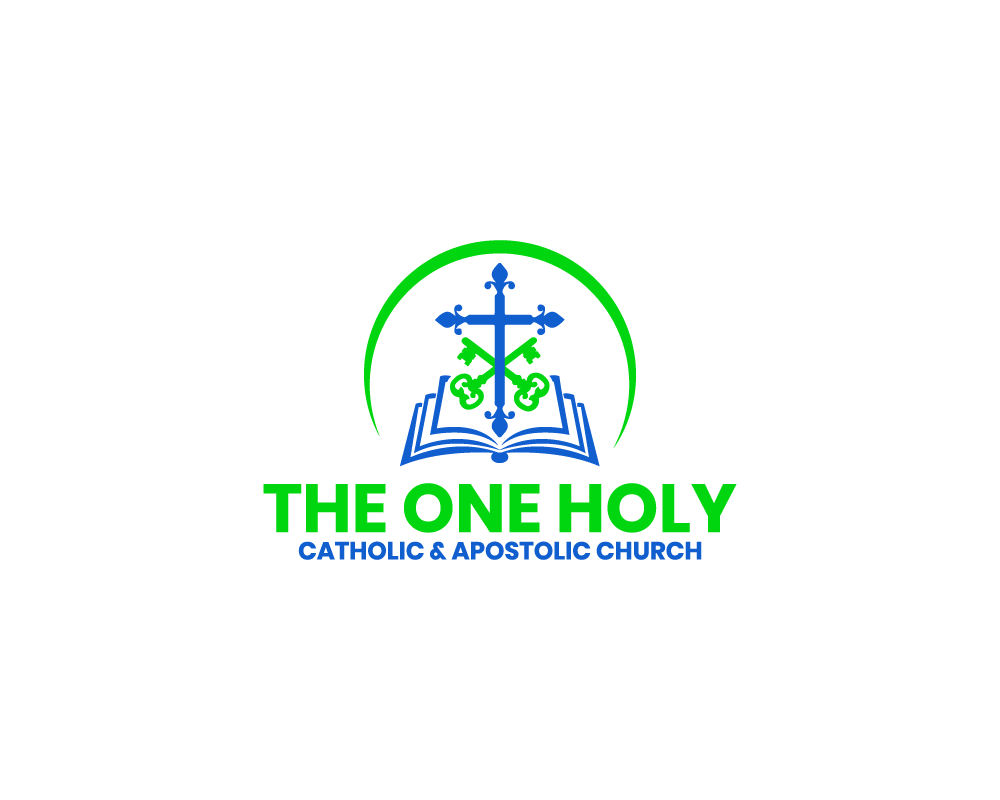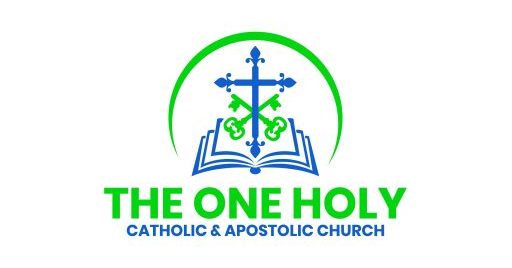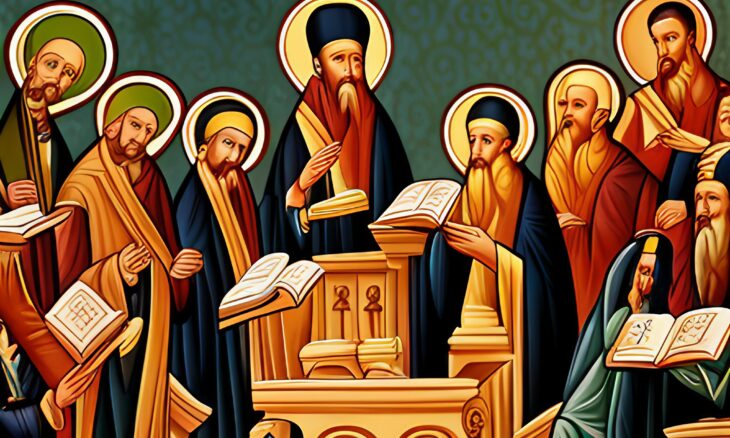A Living Tradition
Contrary to the belief that God ceased speaking to the Church centuries ago, Orthodox theology recognizes the ongoing presence of the Holy Spirit. The authority of the Church Fathers is not based solely on antiquity, but on the quality of their testimony and their proximity to the faith of the Apostles.
A Misguided Approach
Many historians and theologians tend to focus solely on the early Church and disregard the contributions of later writers. This approach narrows the scope of theology and fails to acknowledge the continuous life and practice of the Orthodox Church.
The Importance of Later Writers
The theological brilliance of Church Fathers from the fourth and fifth centuries cannot be denied, but it would be incomplete to dismiss the significance of later writers. Figures like Saint Maximus the Confessor, Saint Symeon the New Theologian, and Saint Gregory Palamas are intricately connected to their Cappadocian predecessors.
Beyond Limiting Labels
Labels such as “the Church of the Seven Councils” or “the Byzantine Church” fall short in capturing the expansive nature of Orthodox thought and life. The Church has continued to think and live creatively since the Seventh Ecumenical Council, encompassing the writings and insights of saints from various eras.
The Communion of Saints
In the Orthodox understanding, the phrase “Church Fathers” includes not only well-known theologians but also men and women from all walks of life. From the erudite to the unlettered, the mystical to the ascetic, clergy to laity, the communion of saints contributes to the richness of Orthodox theology and spirituality.



